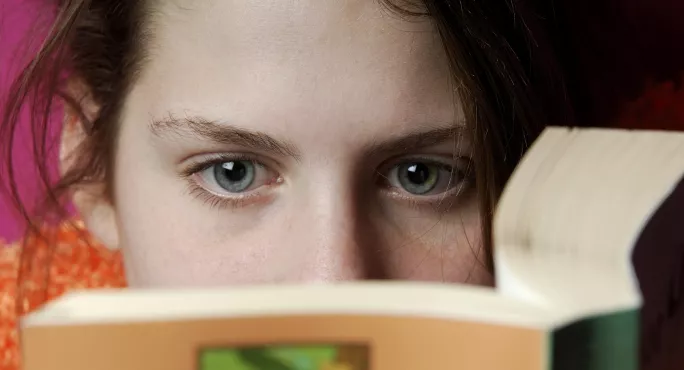It is a truth universally acknowledged that teaching bottom set, period 7 on a Friday afternoon is hard work; hard work that is made almost impossible if there is a wasp in the classroom, if it’s windy or if it’s snowing.
However, since switching to remote learning, my weekly tug-of-war with Year 10 has been replaced by a Microsoft Teams online lesson and the difference is startling.
Students who regularly forgot their folders/books/pens are now organised and punctual. Scrappy pieces of homework have been replaced by a typed Word document and, most significantly, behaviour and engagement have radically changed for the better.
Coronavirus: The positives of remote learning
As a result of lockdown, students are no longer able to scatter their books and folders across the school site, leaving a paper trail of lost homework and assignments en-route. With all work being set and submitted electronically, organisation is simplified.
There is no embarrassment about illegible handwriting, spelling mistakes or being slow to copy from the board because these stumbling blocks have been removed. Typing comes easily to teenagers; it is how they choose to communicate with one another.
As we move forward into the summer term, teaching remotely, it has become startlingly clear that the lure of anonymity provided behind the screen has also changed how students behave.
Better engagement
The students who would need to be coaxed and encouraged to participate in class discussions have become those who respond to questions first. The chat function on Microsoft Teams empowers them to share their ideas, have their voice heard, and without the physical presence of the “crowd”, there is no one to play up to, to banter with or to exchange glances or giggle with.
The elimination of these barriers has created more of a level playing field and, as a direct result, understanding and grades are improving.
Of course, the abundance of time and the access to the limitless resources of the internet does allow for plagiarism, and, I am ashamed to say, that I, too, was sceptical when the first set of assignments were submitted. My previously mute, disengaged pupils had gone from scraping 40 per cent in the real classroom to achieving 90 per cent-plus in the remote classroom. It seemed too good to be true.
Grades improving
However, as I read through their responses, their unique voices were audible, their common Spag errors were still present but their comprehension, passion and understanding had increased.
As the long lockdown weeks have progressed, the students, buoyed by their consistent sense of achievement and sustained by their regular academic rewards, have chosen to read around the subject. They have undertaken self-directed learning, and are voicing answers to questions that they would never have dared to speak when physically surrounded by their peers.
A new approach?
The false sense of anonymity that the computer screen provides seems to change the way that teenagers think and act.
When all this is over and we have returned to our schools, I hope that we, as a profession, will be able to take some positives from our time away from our physical classrooms. For me it will be this; technology can play a powerful democratising influence on the ability of all children to make progress unencumbered by their peers’ immediate impressions and influences.
It is beholden on us, as educators, to grasp the opportunity this offers and find space for distanced learning in a post-lockdown classroom.
Jessica Briggs is a secondary school teacher in Gloucestershire
